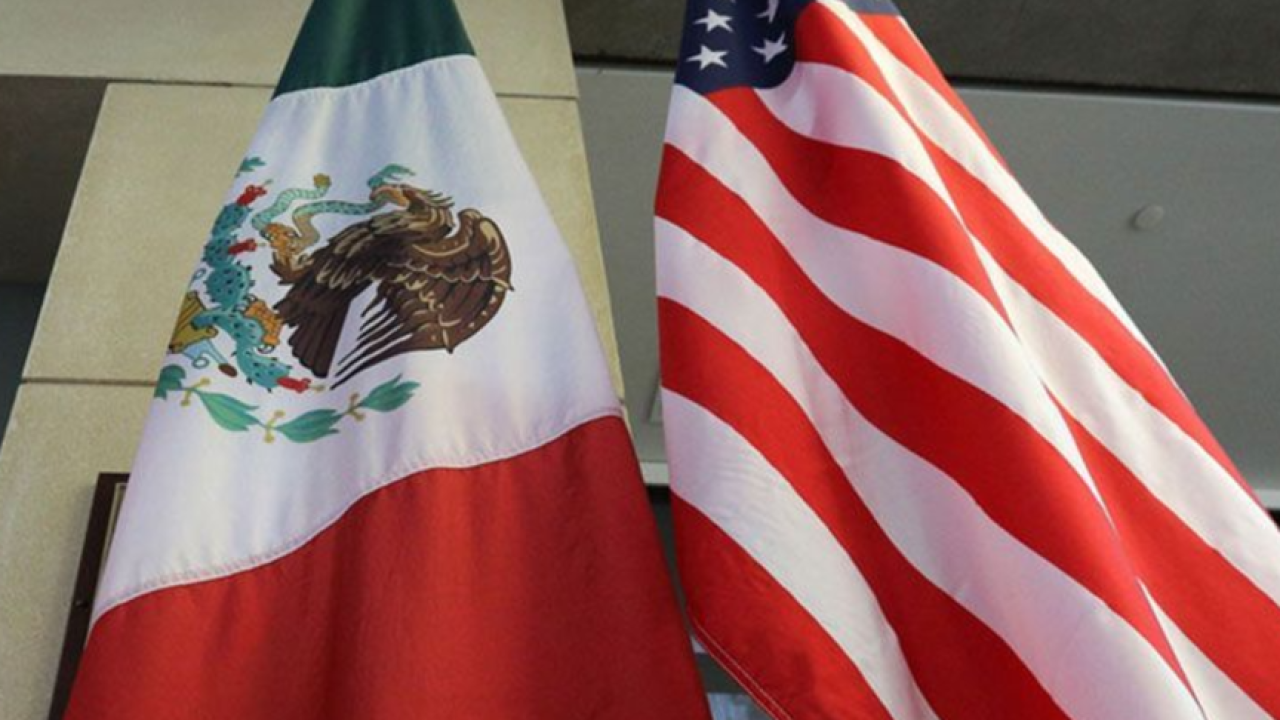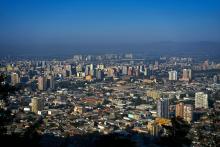
The three members of the first arbitration panel of the Labor Rapid Response Mechanism (MLRR) determined that they did not have jurisdiction to rule on the denial of union rights at said mine.
Mexico won the first labor panel against the United States government, setting a precedent to prevent labor complaints presented under the USMCA from being retroactive to its entry into force, in 2021. This was the case of the San Martín mine, located in Sombrerete, Zacatecas, whose arguments date back 17 years.
The three members of the first arbitration panel of the Labor Rapid Response Mechanism (MLRR) determined that they did not have jurisdiction to rule on the denial of union rights at said mine.
In a statement, they highlighted that “in accordance with the position defended by Mexico, the trinational panel concluded that the denial of union rights can only be attributed to events after the entry into force of the USMCA and subject to the 2019 Labor Reform".
"The facts presented by the United States did not meet these criteria, as established by the panel.”
The ruling has a pivotal relevance, “since it sets a precedent regarding the non-retroactivity of trade agreements. For Mexico, it is essential to avoid opening this possibility both in labor disputes and in other commercial disputes," the statement details.
"With this ruling, our country also manages to set precedents for a reasonable and good faith use of the MLRR, limiting its application to its area of competence and discouraging its future use for improper interference. Our objective is for Mexico to comply with its commitments at the international level and, at the same time, safeguard its national sovereignty to resolve its internal affairs," says the statement.
In this regard, labor specialist Alfonso Bouzas commented that “this is a very important definition of essential elements for a rational and efficient use of the mechanism in order to strengthen union freedom and democracy. “It underlines a fundamental issue which is the asymmetric treatment between the two countries and the need to respect due process.”
After the installation of the labor panel and the hearings that were held at the end of February, it was revealed that although Grupo México (the mine operator) has repeatedly denied workers rights to freedom of association and collective bargaining throughout the 16 years of conflict, “these irregularities were or are in the process of being corrected by the national authorities that do have jurisdiction over the case."
"As an example, the Federal Conciliation and Arbitration Board prior to the international controversy had already attributed responsibility for the strike to the employers, ordering the payment of lost wages and various benefits.”
The ruling also recognized that the MLRR “has proven to be a powerful and innovative tool to protect labor rights through trade agreements.”
"Likewise, it has served to overcome the resistance against democracy and union freedom that still prevails in some workplaces. However, to maintain its effectiveness and avoid wear and tear, it is crucial that its application is reasonable, proportional and in good faith.”
The government of Mexico reiterated that it is necessary that the USMCA contributes to strengthen national institutions instead of "eroding them or even trying to replace them" and that the treaty shall be applied exclusively to aspects directly related with its North American partners. "Otherwise, its ability to impose trade sanctions is disabled, making it an ineffective tool". The San Martín Mine conflict is a clear example of these deficiencies.










